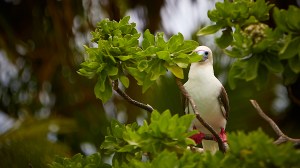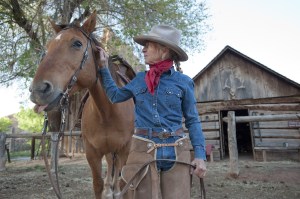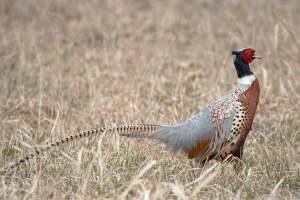
Creating a New Generation of Conservation Science Leaders
Our world faces unprecedented challenges with climate change. NatureNet Science Fellows help solve them.
A pursuit of The Nature Conservancy and leading research universities, the NatureNet Science Fellows program is a trans-disciplinary postdoctoral fellowship aimed at bridging academic excellence and conservation practice to confront climate change and create a new generation of conservation leaders who marry the rigor of academic science and analysis to real-world application in the field.
Research and the Real World
NatureNet Science Fellows work on groundbreaking research to address climate change, the most pressing conservation challenge of our time. Now in its third year, the NatureNet Fellows program pushes conservation science into entirely new areas that embrace existing and emerging technologies and disciplines, from nanotechnology for clean water and energy, to DNA-based genetic analysis to inform land management.
NatureNet Fellows
Animals That Turn White in Winter Face a Climate Challenge
Hares, ptarmigans and Arctic foxes all turn white in winter, but as our planet warms, that adaptation may also need to, well, adapt again.
The Other Tannenbaum: Cutting an Alternative Christmas Tree
Kris Millage shares her experience cutting a wild juniper as a Christmas tree.
Cool Green Holiday Book Review 2024
Six books — ranging from eels to owls to outdoor adventures — that will make great gifts for your loved ones, or yourself.
Coconut Palms Dominate Over Half of Pacific Atoll Forests
First study of its kind shows that decades of coconut palm agriculture have led to deforestation on over 80 percent of Pacific atolls, and coconut palms now cover more than half of the atolls’ forested areas.
First Christmas & First Loss
This excerpt from A Cowgirl’s Conservation Journey tells the story of Heidi Redd’s very rough first Christmas on the ranch.
The 5 Golden Rings? They Might be Pheasants
The classic holiday carol is heavy on birds. And some believe even the 5 golden rings have an avian connection.





